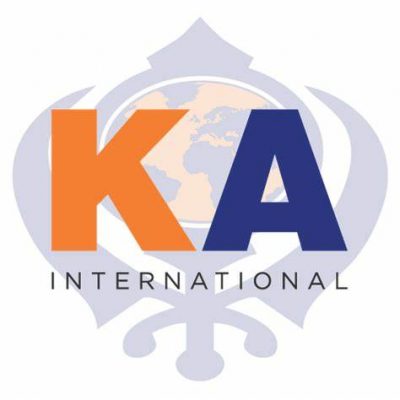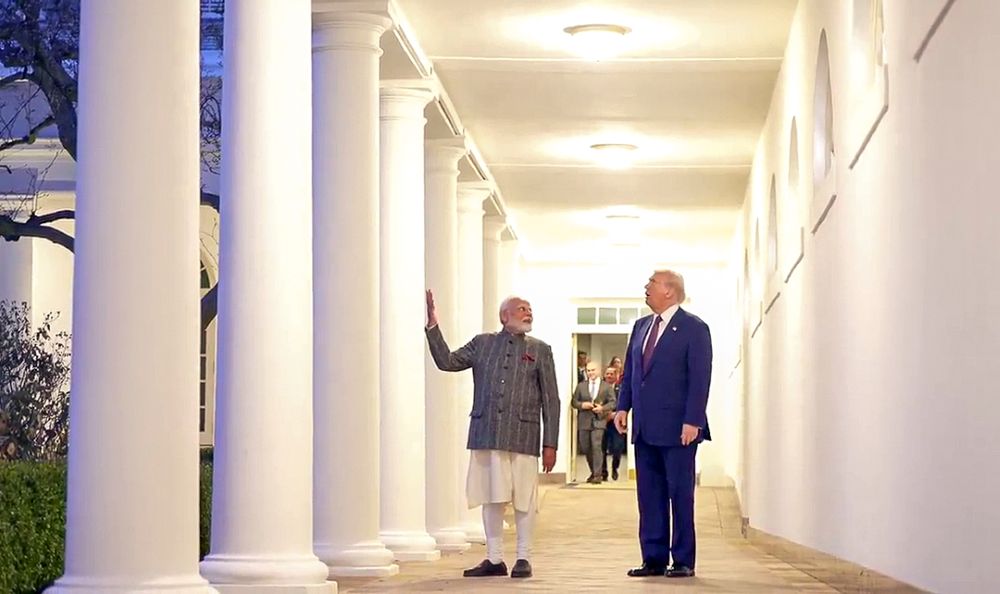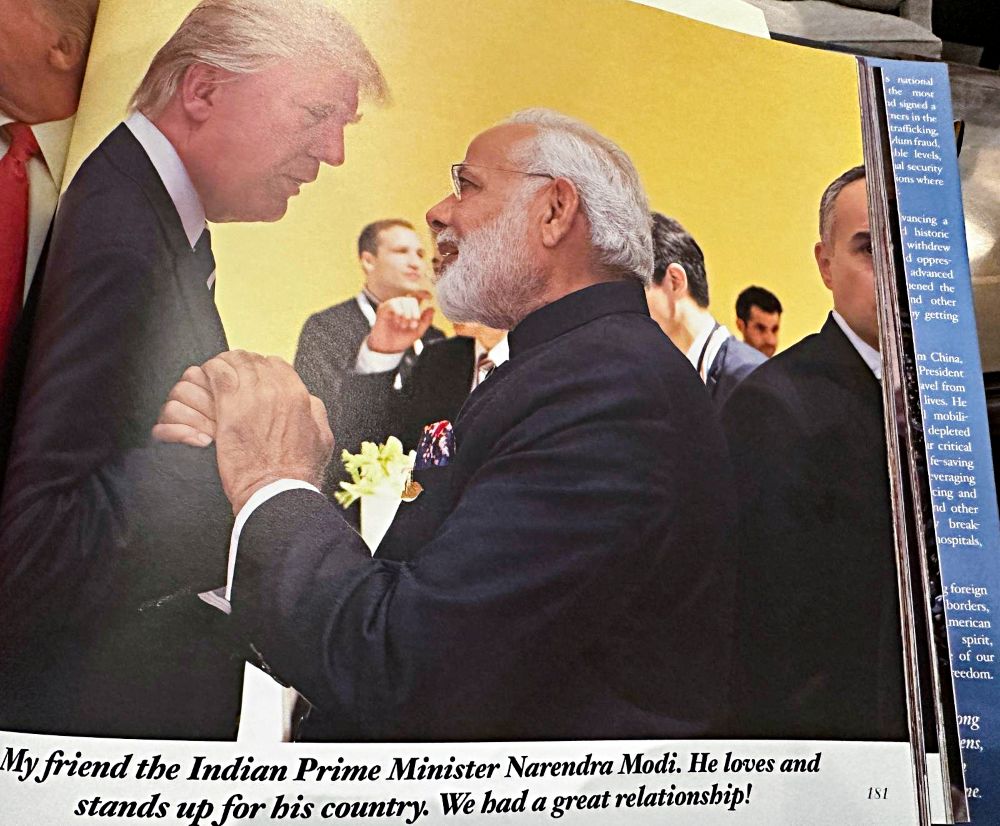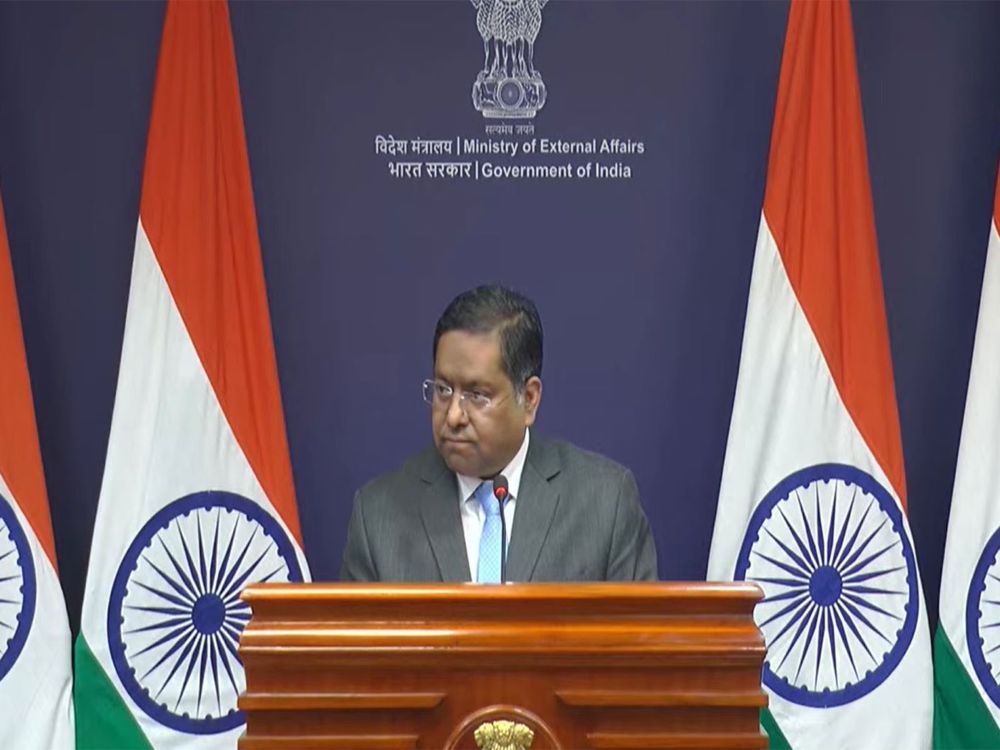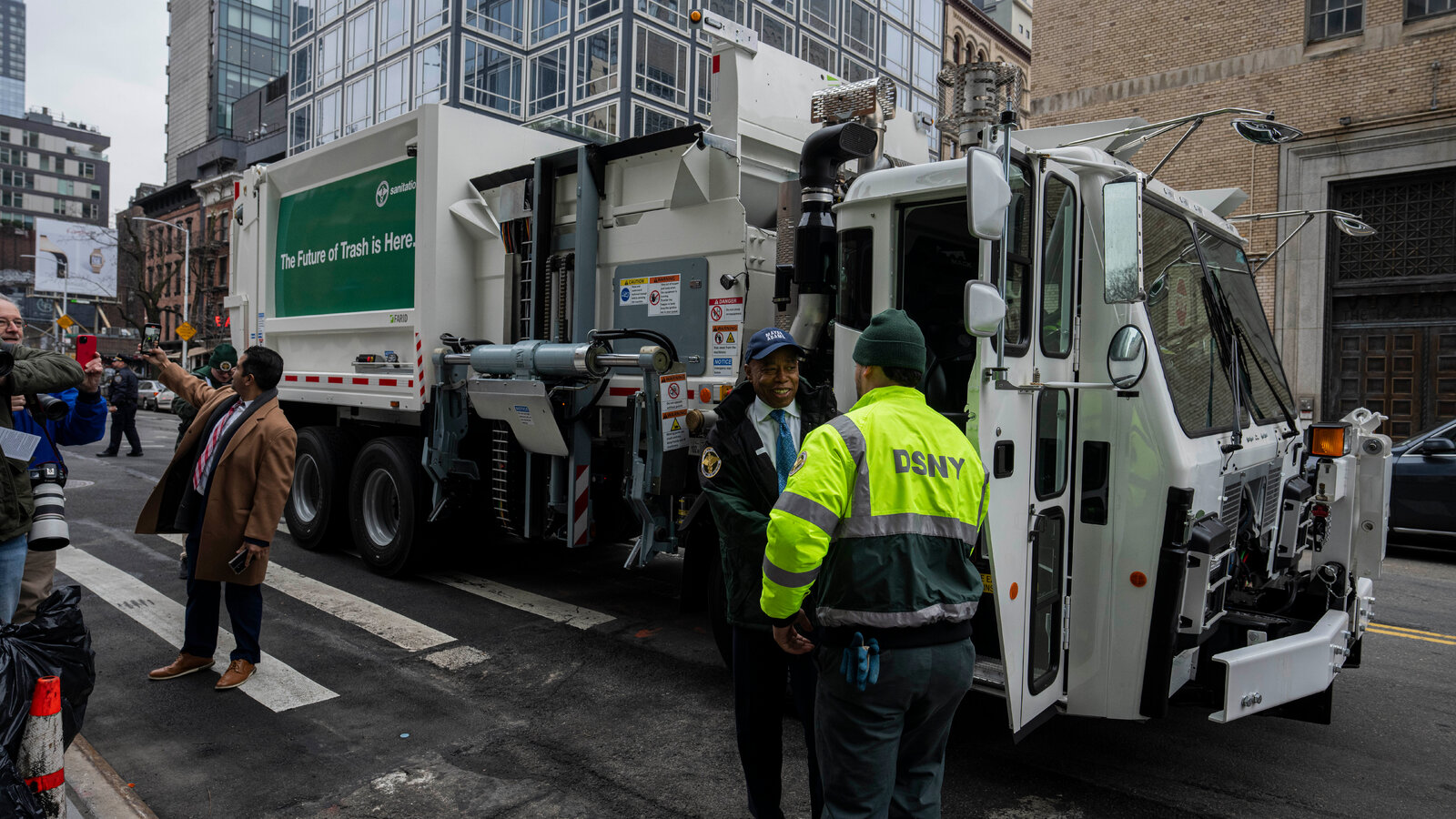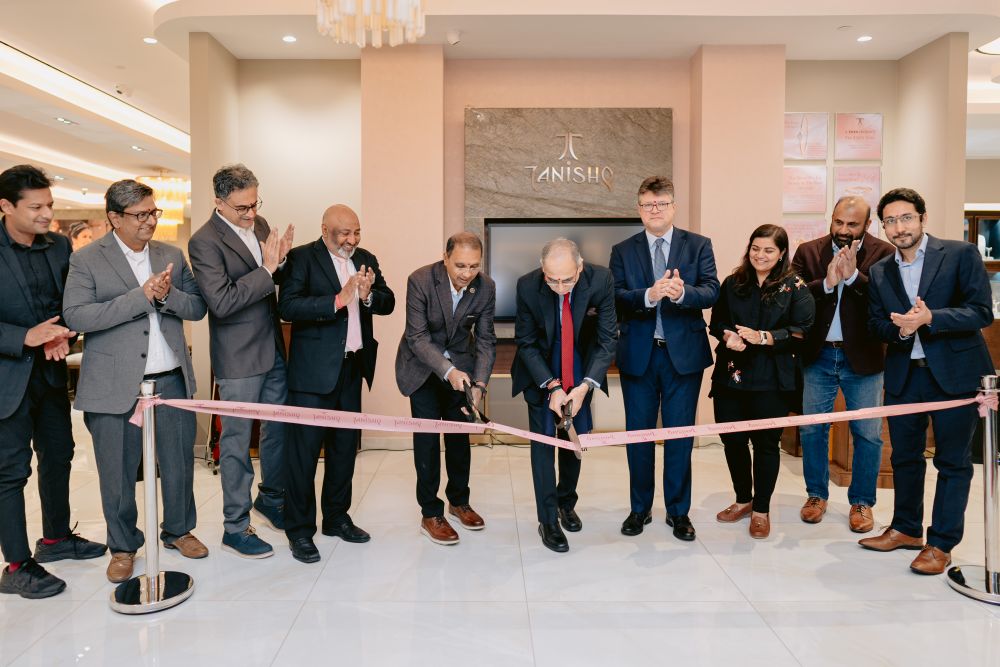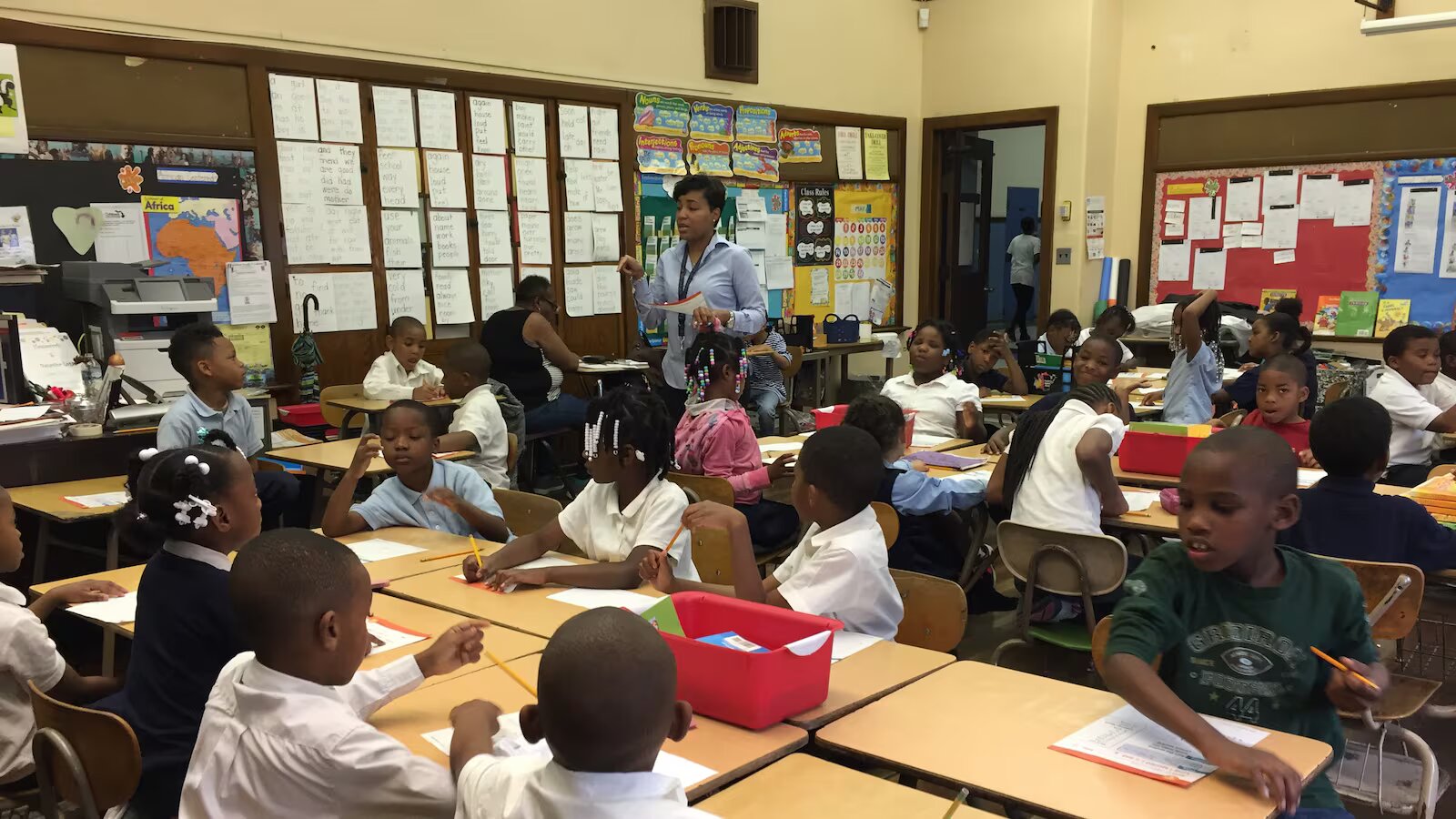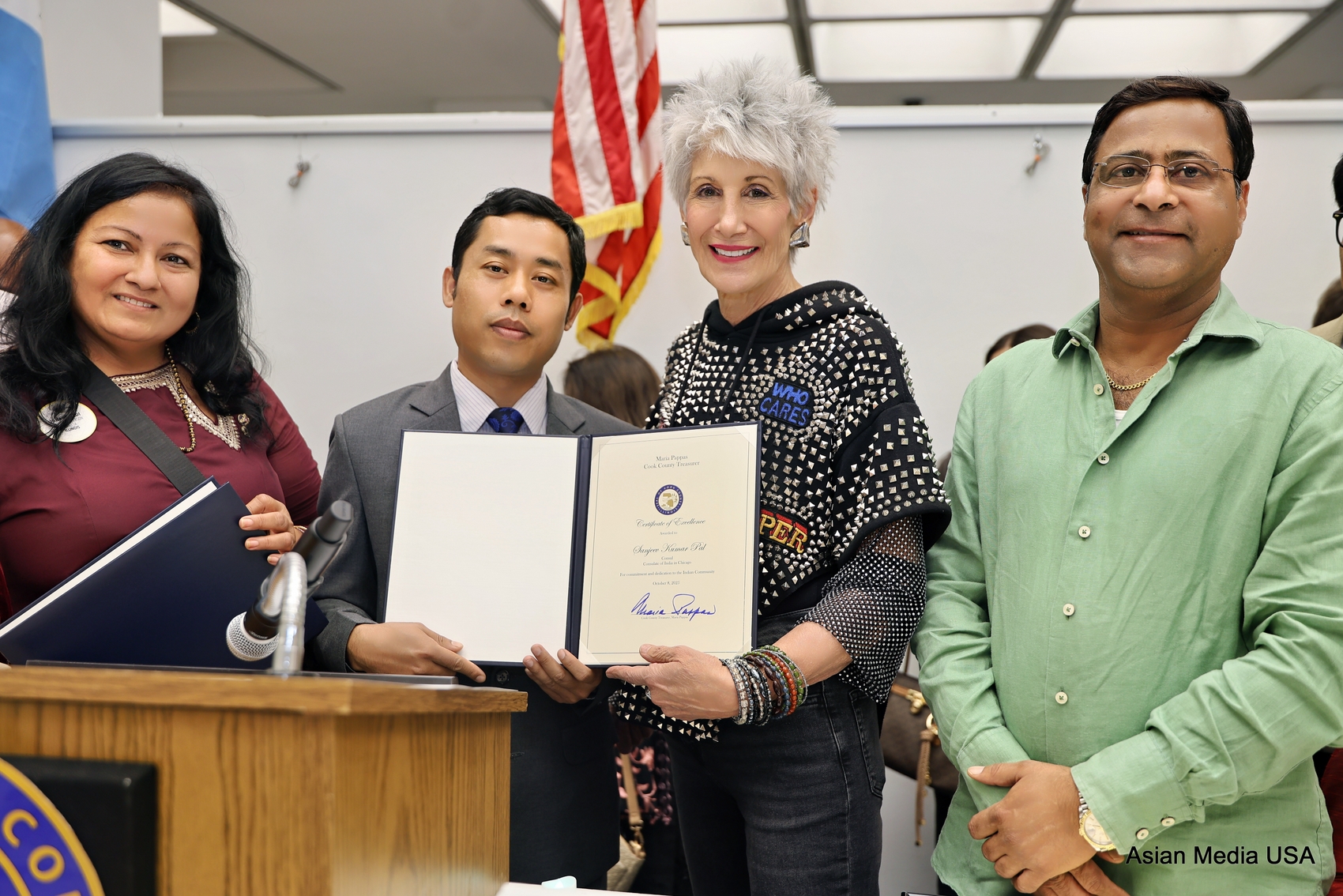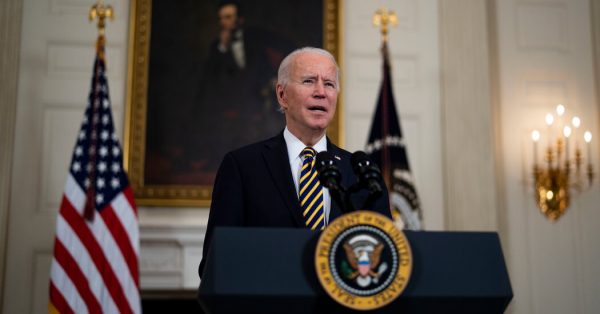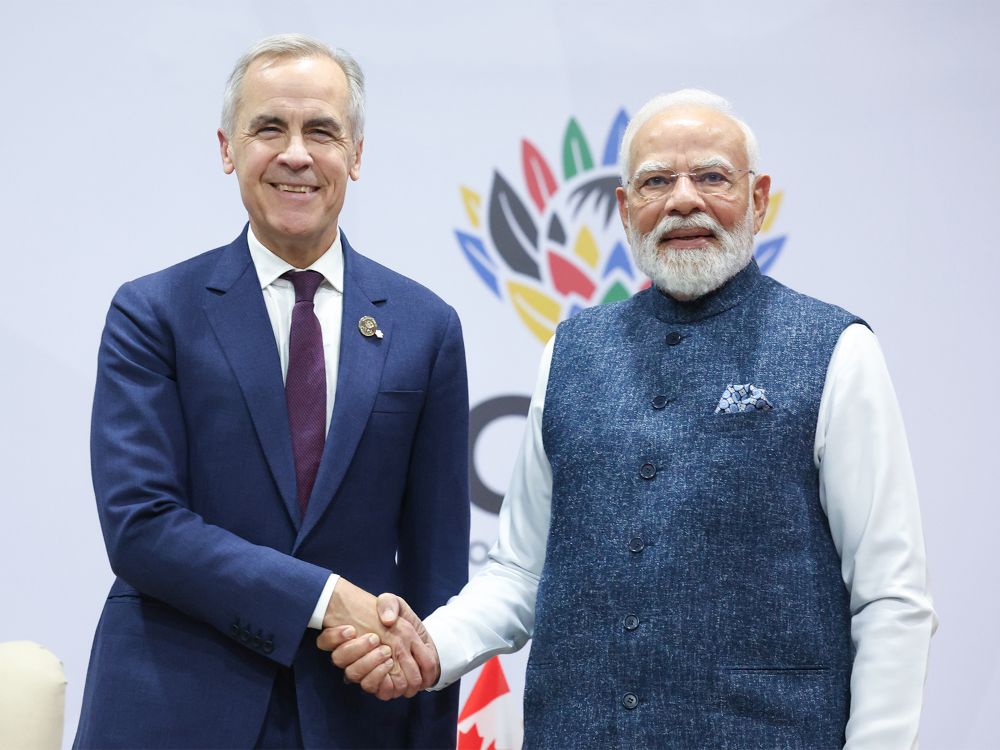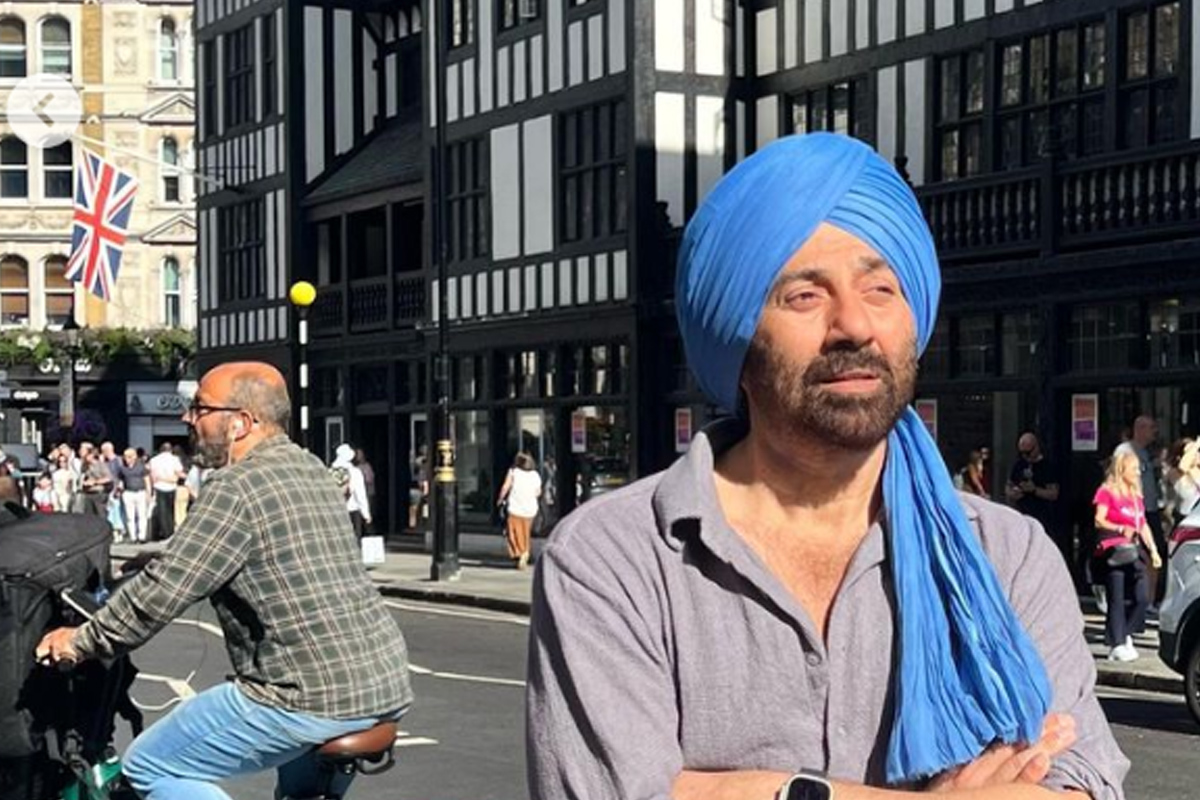A prominent Indian daily reported that NIA postponed a hearing of two key Indian team members of Khalsa Aid after the UK-based non-governmental organization was nominated for the Nobel Peace Prize.
The National Investigation Agency (NIA) summoned the Director of the humanitarian NGO Khalsa Aid India Amarpreet Singh and some of its trustees for questioning. After 2 days, Khalsa Aid was nominated for the Nobel Peace Prize. A prominent Indian newspaper reported that the NIA postponed the interrogation after the Nobel Prize nomination announcement.
The Hindu quoted the founder of Khalsa Aid Ravinder Singh, “There was meant to be a hearing of two key Indian team members today and tomorrow [Monday and Tuesday], they [NIA] postponed it. They were informed on phone that the hearing is postponed till further notice.”
Khalsa Aid is known for assisting frontline workers of Covid-19, helping Kerala after the 2018 floods, and supporting the ongoing farmers’ protest in Haryana. It has also carried out relief work in Syria and set up refugee camps for Rohingyas on the Bangladesh-Myanmar border.
NIA summoned Singh and other Khalsa Aid members on January 16. In a statement released on its website, Khalsa Aid said: “We urge all international bodies and monitoring agencies to hold India to account on what appears on the face of it a politically motivated step.” It also expressed genuine and legitimate concerns for the health and mental wellbeing of the Khalsa Aid team, along with interrogations that may not comply with international standards.
In an interview with The Hindu, Amarpreet Singh stated that whenever the NGO undertakes projects in different parts of the country, people perceive it negatively, especially after the 1984 anti-Sikh riots. While talking to paper, Singh said: “They associate the term with anti-national activities. It takes us time to convince them that we are not in any way associated with any anti-national organization. I think the NIA is probably thinking on the same lines.”
The Nobel Prize nomination was made by Canadian politicians in public office, Tim Uppal, Patrick Brown, and Prabmeet Singh Sarkaria.
















